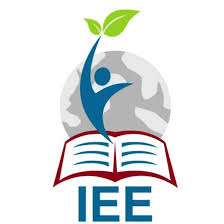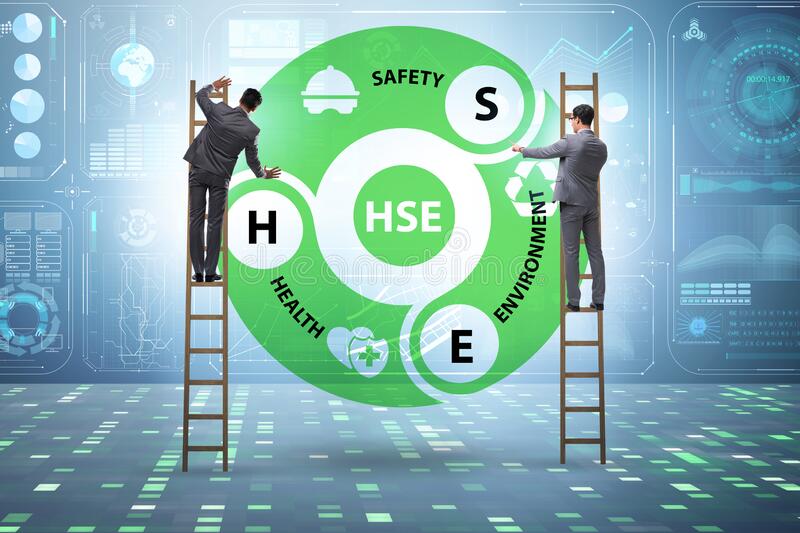

Our Services
Green Crescent Environmental Consultants (Pvt.) Ltd. provides environmental, health and safety management services that meet all phases of our clients business needs from environmental monitoring and reporting to EHS Impact Studies and Risk Assessment to Sustainability solutions.
Great Management
Professional Staff
Budget Friendly

Our Services Ambient Air Monitoring
Ambient air monitoring refers to the process of measuring the quality of the air in an outdoor environment. The purpose of ambient air monitoring is to determine the levels of various pollutants present in the air, such as particulate matter, ozone, sulfur dioxide, nitrogen dioxide, and carbon monoxide.
Our Services Sludge Testing
Sludge testing is the process of analyzing the characteristics and composition of sludge, which is a semi-solid material produced during wastewater treatment processes. Sludge is typically made up of organic matter, inorganic matter, and water, as well as any pollutants or contaminants that were removed from the wastewater during treatment.
Sludge testing can involve a range of different analyses, depending on the specific characteristics of the sludge being tested and the information that is needed.


Our Services Stack Emission Monitoring
Stack emission monitoring is the process of measuring the emissions of various pollutants from a stationary source, such as a factory or power plant, through a chimney or stack. This monitoring is typically done using specialized equipment that can detect and measure the concentrations of these pollutants in the emissions.
Stack emission monitoring is important because emissions from industrial sources can have negative impacts on both human health and the environment. By monitoring and controlling the levels of pollutants emitted from these sources, we can help to ensure that they are meeting certain standards or regulations set by local, state, or federal agencies.
Our Services light intensity monitoring
Light intensity monitoring is the process of measuring the amount of light present in a particular environment or location. This monitoring is typically done using a light meter, which is a device that measures the intensity of light in units of lux or foot candles.
Light intensity monitoring can be important for a variety of applications and can help to ensure that environments are well-lit and safe for human health and productivity.
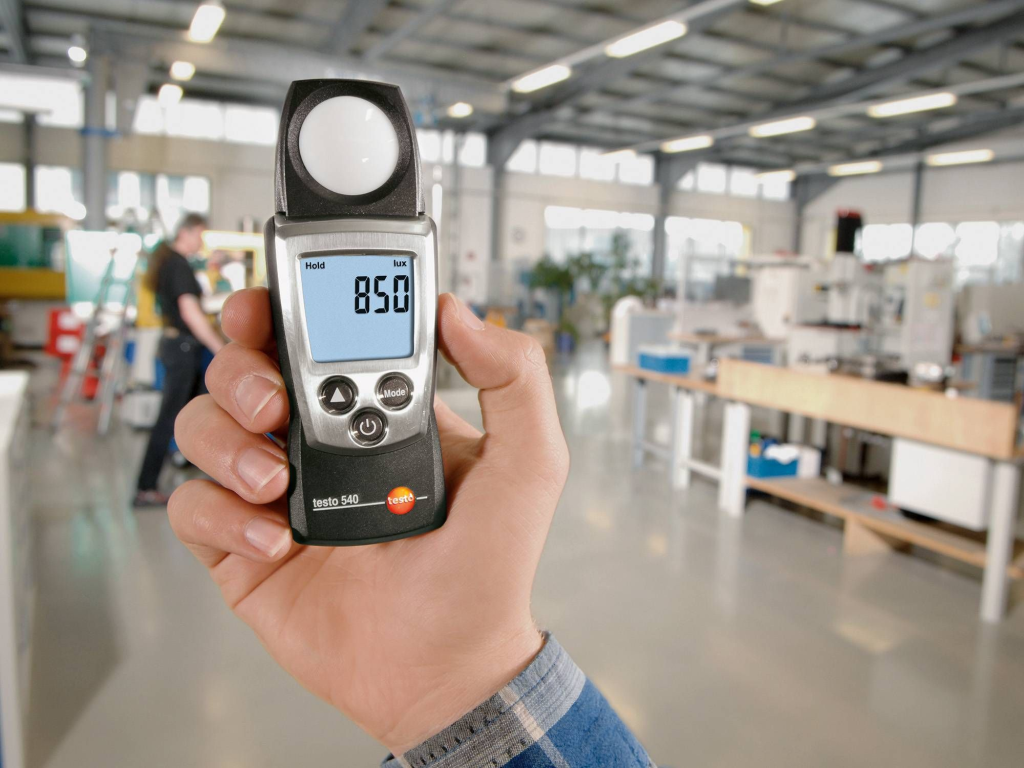
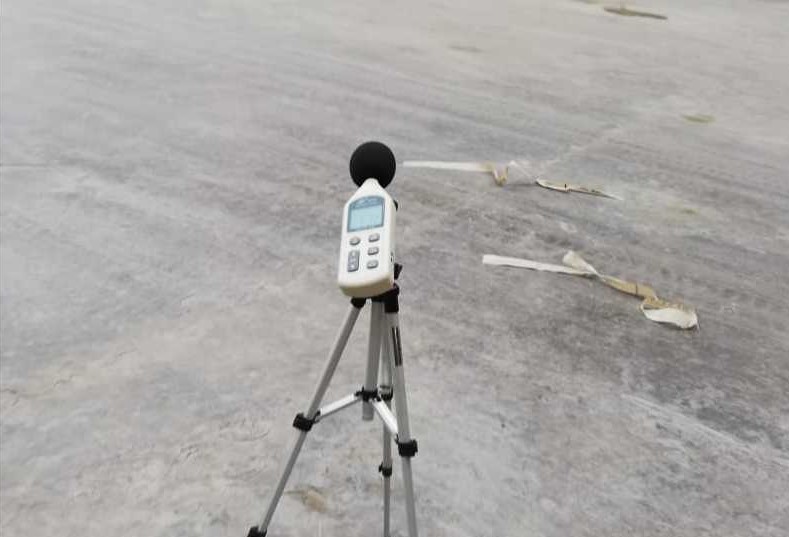
Our Services Noise Monitoring
Noise monitoring is the process of measuring and assessing the levels of sound and noise in a particular environment or location. This monitoring is typically done using specialized equipment that can detect and measure the intensity of sound in decibels (dB).
Noise monitoring is important for understanding the levels and sources of noise in a particular environment and for identifying measures to reduce exposure and promote human health and well-being.
Our Services Effluent Flow Monitoring
Effluent flow monitoring is the process of measuring the rate and volume of wastewater or other liquid effluent that is discharged from a particular source, such as a wastewater treatment plant or industrial process. This monitoring is typically done using specialized equipment that can measure the flow rate and volume of the effluent.
Effluent flow monitoring can be done using a variety of methods, including flow meters, pressure sensors, and ultrasonic sensors. The method used will depend on the specific characteristics of the effluent being monitored and the requirements of the monitoring program.


Our Services Soil Analysis
Soil analysis is the process of analyzing the physical, chemical, and biological properties of soil in order to understand its characteristics and assess its suitability for various purposes, such as agricultural production or construction.
Soil analysis typically involves taking soil samples from different locations in a field or area and subjecting them to a battery of tests and analyses in a laboratory.
Our Services Drinking water analysis
Drinking water analysis is the process of testing and analyzing water samples to determine their chemical, physical, and microbiological characteristics, in order to assess their safety and quality for consumption.
Drinking water analysis typically involves taking water samples from various sources, such as wells, surface water bodies, or municipal water supplies, and subjecting them to a series of tests and analyses in a laboratory.


Our Services Surgical Instrument testing
Surgical instrument testing is the process of evaluating the safety, effectiveness, and quality of surgical instruments used in medical procedures. This testing is typically conducted to ensure that surgical instruments meet regulatory requirements, such as those set by the US Food and Drug Administration (FDA), and to ensure that they are safe for patients and healthcare professionals.
Surgical instrument testing may involve a range of different types of tests and evaluations, depending on the specific instrument being tested.
Our Services Waste water analysis
Wastewater analysis is the process of analyzing and testing the characteristics of wastewater in order to assess its quality and potential environmental impact. The analysis involves evaluating the physical, chemical, and biological properties of the wastewater to identify the presence of contaminants and determine the appropriate treatment methods.
Wastewater analysis typically involves collecting samples from various sources, such as industrial or municipal wastewater treatment plants, and subjecting them to a series of tests and analyses in a laboratory.

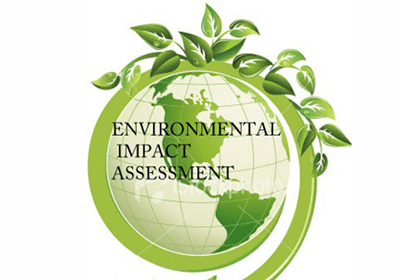
Our Services EIA Studies
Environmental Impact Assessment (EIA) studies are comprehensive assessments of the potential environmental impacts of a proposed project or development. The purpose of EIA studies is to identify, predict, and evaluate the potential environmental effects of a proposed project or development, and to recommend measures to mitigate or manage any adverse impacts.
EIA studies are important for ensuring that proposed projects or developments are environmentally sustainable and meet legal requirements. They are typically required by regulatory authorities before a project can proceed, and may also be conducted voluntarily by project proponents to demonstrate their commitment to sustainable development. The EIA process helps to promote environmental protection, sustainability and better decision-making by ensuring that the potential environmental impacts of a project are considered early in the planning process.
Our Services IEE Studies
Initial Environmental Examination (IEE) studies are a simplified version of Environmental Impact Assessment (EIA) studies. They are typically conducted for smaller and less complex projects that are likely to have minimal environmental impacts.
IEE studies are similar to EIA studies in that they involve a systematic evaluation of the potential environmental impacts of a proposed project. However, they are less detailed and typically focus on the most significant environmental impacts of the project.
